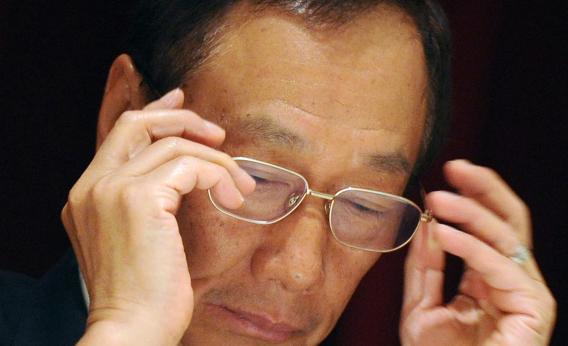Foxconn Technologies, best known as one of Apple’s leading component makers but a supplier to many other electronics firms as well, has had to shut a plant down in China after scuffles between workers and security guards turned into a full-blown riot.
Jacobin, America’s hot new radical journal, had a very informative piece about recent labor unrest in China that I think is a great table setter for this conflict. Conditions in contemporary China have much more in common, structurally speaking, with conditions during the heyday of Western labor activism than does anything about the Chicago teachers’ strike or the apparent American Airlines sick-out. The rapid pace of Chinese industrialization means the average wage in a Chinese factories has managed to lag behind the average productivity of a Chinese factory worker (roughly speaking because it’s dragged down by the abysmal wages and productivity of Chinese agriculture). This creates a dynamic ripe for windfall profits but also for labor activism. The repressive nature of the Chinese state is an unpromising ground for union organizing, but by the same token Chinese labor organizations have much less to lose (in terms of union-managed pension funds, union-owned buildings, et cetera) if they break the law with “wildcat” strikes and the like.
To hazard a guess about how this will play out would just be setting myself up for mockery later, but it’s one of the key dynamics that explain why China isn’t just going to have another 25 years like the past 25 years. Very rapid growth via continuous urbanization and industrialization and wage repression works—and the Chinese have in many ways proved it works better than anyone ever thought—but it’s still a necessarily self-limited process.
